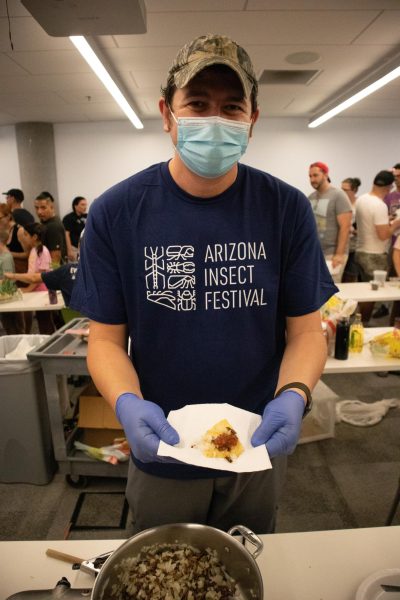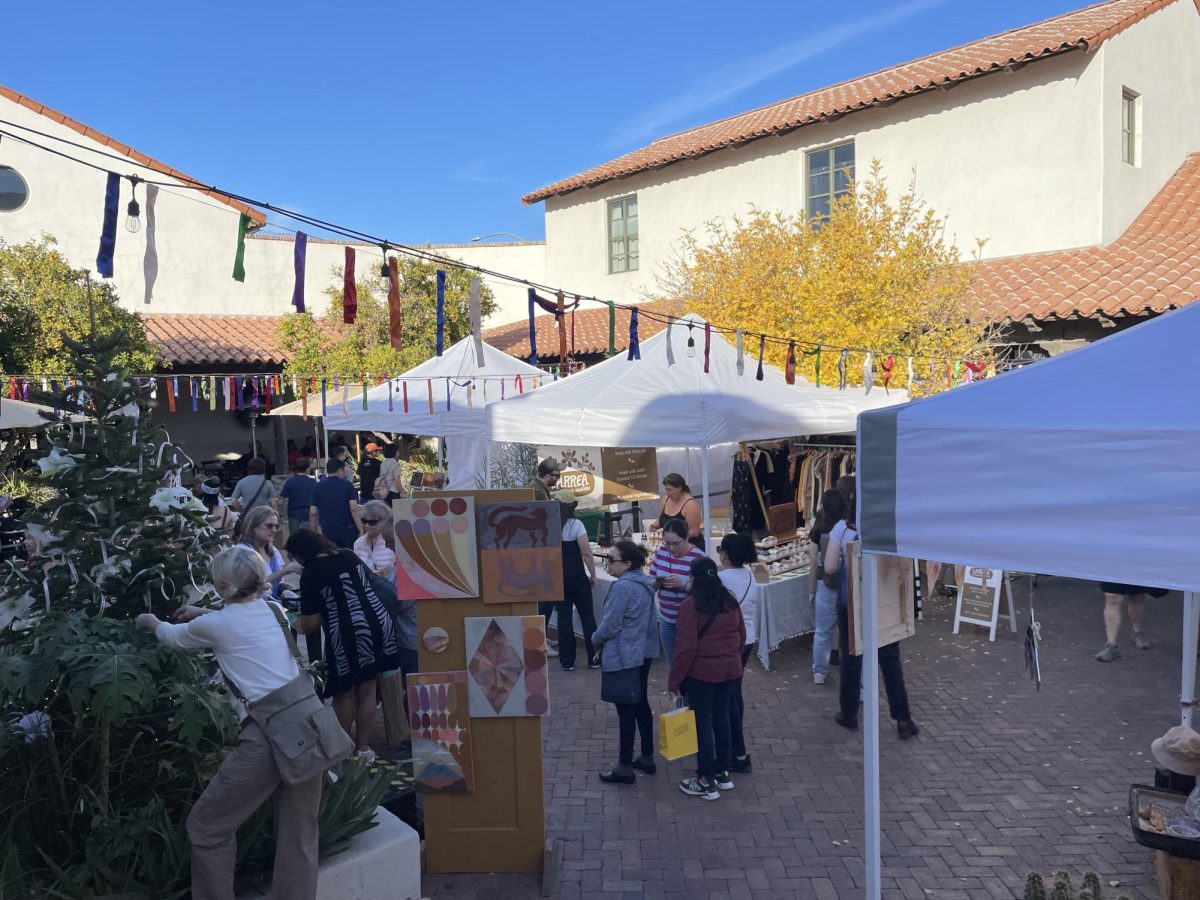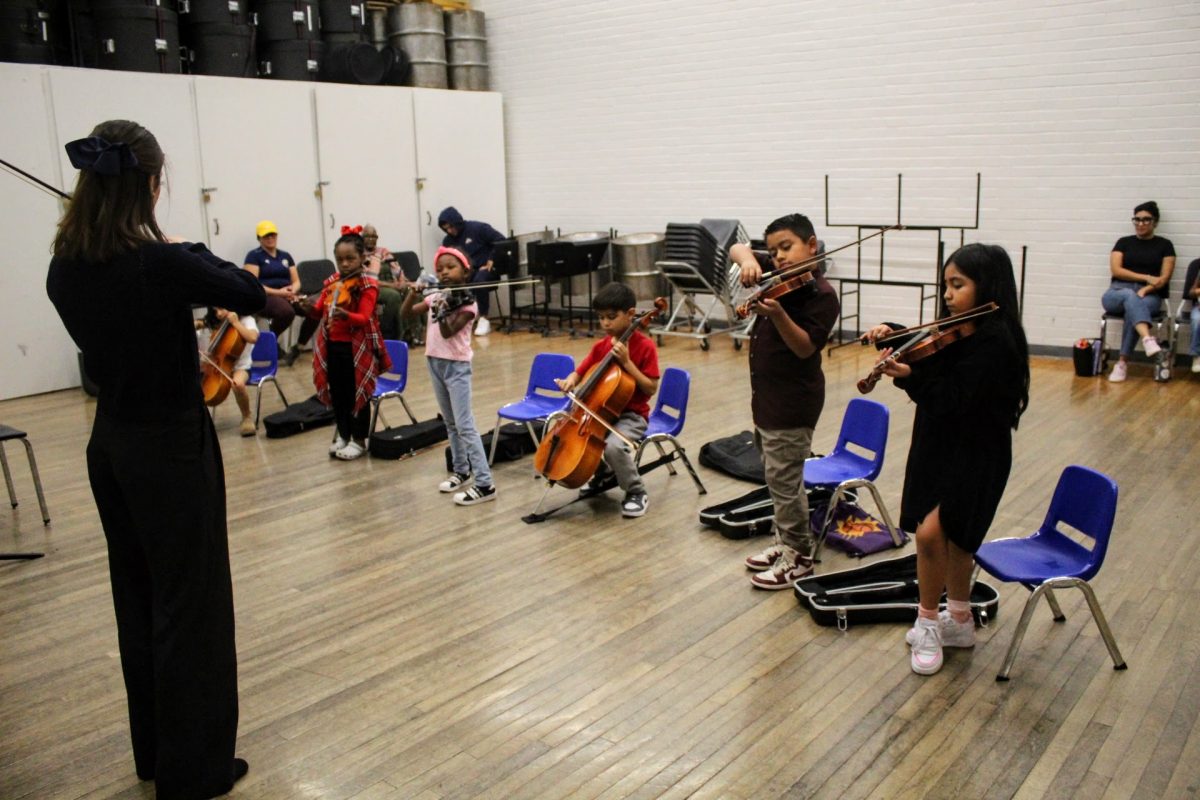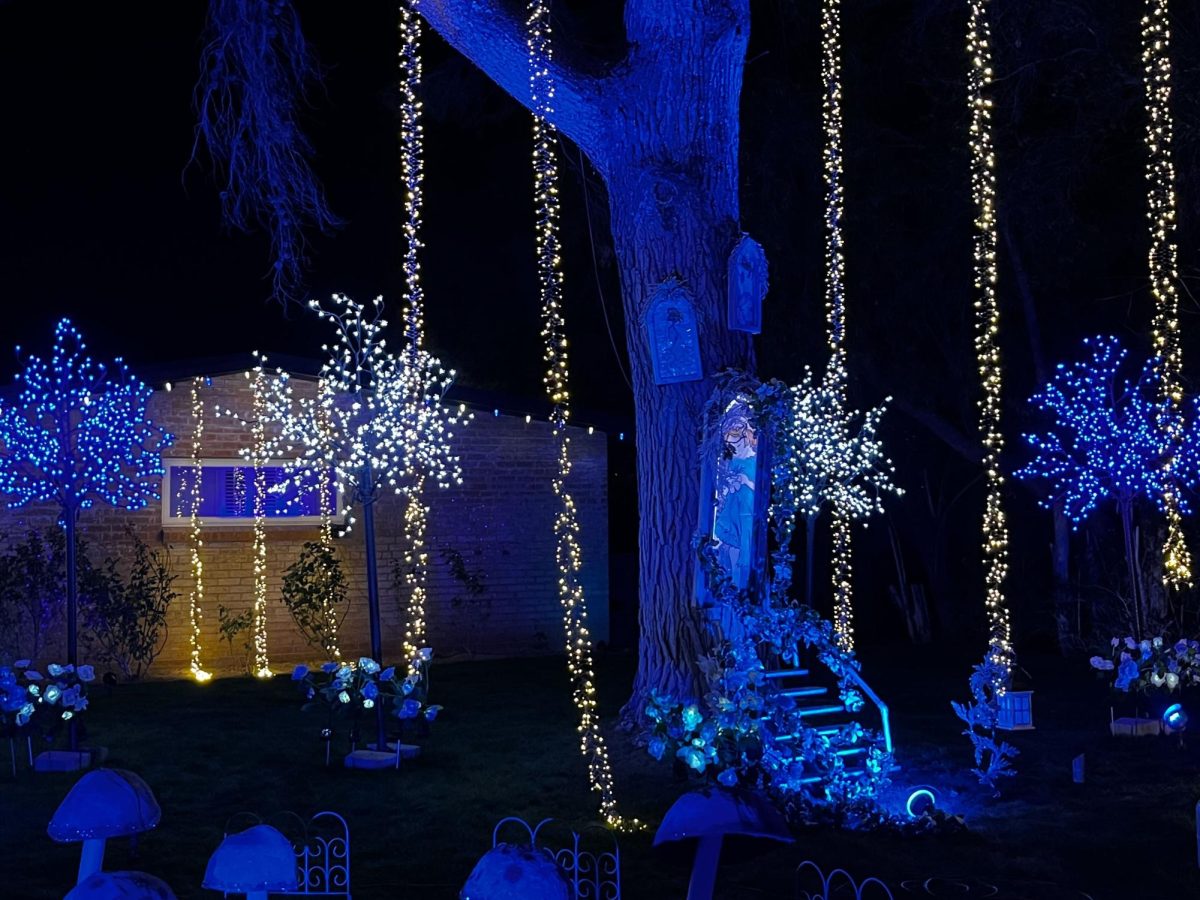The Arizona Insect Festival will be underway for free Sunday, Oct. 6 from 10 a.m.-3 p.m. at the University of Arizona’s Environment and Natural Resources 2 building, with free parking included at the Sixth Street garage.
With the festival 12 years in the making, the Department of Entomology welcomes bug enthusiasts and bug non-enthusiasts to a celebration of the incredible world of insects and the chance to explore the vital roles insects play in our Sonoran Desert ecosystem.
Entomology labs at the university and local organizations have come together to provide insect-related activities for all ages to celebrate bugs.
The Tucson Museum of Art and Tucson Unified School District will have arts-and-crafts booths.
University labs such those of Wendy Moore and Michael Riehle will have live bugs for the community to interact with. Saguaro National Park and Pima Environmental Education Programs will be discussing the Sonoran Desert ecosystem and what roles insects play in keeping the Sonoran Desert alive and well.
A more extensive list of interactive activities run by community groups can be found here.
This year’s festival would also not be possible without sponsors. Presenting sponsors, such as Slow Food Southern Arizona, as well as contributing sponsors like Tucson City of Gastronomy, Friends of Madera Canyon, Insectabio and Arizona Pest Control, aid in maintaining the Arizona Insect Festival’s accessibility.
The sponsors will also be holding booths at the event.

Kathleen Walker, who has a Ph.D. in Entomology, has been involved with the Arizona Insect Festival since its beginning in 2011 and is one of the three organizers for this year’s festival.
“This is for anyone who wants to learn more about your little neighbors,” Walker said.
Walker will be running “The Joy of Roaches” booth at the event, where community members are encouraged to hold Madagascar hissing cockroaches while discussing their crucial role in being the decomposers of our local ecosystem.
Walker is an associate professor in the UA’s Department of Entomology and has 25 years of entomology outreach experience.
“I had been doing some work earlier with the Tucson School for the Deaf and Blind. I had been working with kindergarteners who were deaf with very rudimentary sign language. There was one very shy little girl. She did not vocalize. She was in the butterfly tent, we had painted lady butterflies. If you can hold still, they will stay with you. And this little girl had a butterfly in her hand. She was so excited that she actually tried to say the word ‘butterfly,’” Walker said.
Walker said it was crucial for her for the insect festival to reflect learning from the insects themselves, as the insects are the experts.
“What we’re really trying to get for everybody is that connection, that ability to see insects as our fellow beings, fellow earthlings, as opposed to pests,” Walker said.
The festival holds a theme insect every year, and this year’s theme insect is the horse lubber grasshopper, which honors a key cornerstone of the Department of Entomology. Elizabeth Bernay, who was a large part of the Department of Entomology and at one point the chair of the department passed away this spring.
“We were all really devastated. She’s an amazing person,” Walker said.
Bernay researched grasshoppers and how they choose the food they eat, using the horse lubber grasshopper as a model. The horse lubber is the largest grasshopper in the United States and can be found across the southwest United States and Mexico and at this year’s festival.
Graduate students involved with the Arizona Insect Festival are also no strangers to science outreach.
Liam Sullivan, a Ph.D. student in the Department of Entomology and president of the Student Entomological Association talked about his experiences doing outreach alongside Walker in her Insect Discovery outreach program.
“I worked this butterfly tent. You bring the kids in, and you sit them down and you let them […] put their hands out and they can pick up the butterflies. The best ones were the kids who were terrified when they sat down, but afterwards, they were like, well, I don’t want to give it back now. [They were] just sitting, lovingly holding [and] staring at these little butterflies […] seeing those little kids who are terrified of insects at first that are absolutely just like entranced by the end is one of the best feelings,” Sullivan said.
Sullivan also talked about one of the community’s favorite activities.
“I think [it’s] probably our most fun panel, a panel we call ‘Ask a Scientist Cafe.’ We have three to five grad students sit up in the front and just let the audience ask questions about what life as a scientist and as a graduate student is. It’s often parents with their middle school or high school aged kids who are just fascinated by insects, which is like my favorite thing in the world to see,” Sullivan said.
Emily Burke, a Ph.D. student and volunteer coordinator for the Arizona Insect Festival, spoke about her favorite outreach memory as a judge at the Southern Arizona Regional Science and Engineering Fair, which motivated her to pursue her time in public outreach.
“There was this one girl who was in third grade. She asked a question about ‘What patterns hummingbirds are most interested in?’ Her troubleshooting slide was one of the best things I’ve ever seen. She talked about how one of the feeders hanging in her backyard was just closer to a tree that she had in her backyard. [The student mentioned] that could be a confounding variable. And I was like, this is a scientist,” Burke said.
The event could not be run without community volunteers.
“We’ve had a lot of people reach out to me over email and say, ‘Hey, bugs are cool. I would love to volunteer at the insect festival. What can I do?’ My job is to determine what shifts they want to work at, what booths they want to work at, and if they’re willing to handle insects,” Burke said.
According to Sullivan, the festival intends to reach as many people as possible,
“We want to see that everybody who wants to be there has the opportunity to come,” Sullivan said.
“The U of A belongs to everybody in Tucson and we really want people who maybe have felt like, ‘oh, you know, the U of A, that’s for people who went to college’ […] This is your place. And we really, you know, want to invite you, want to invite your children.” Walker said.
Follow the Daily Wildcat on Instagram and Twitter/X










